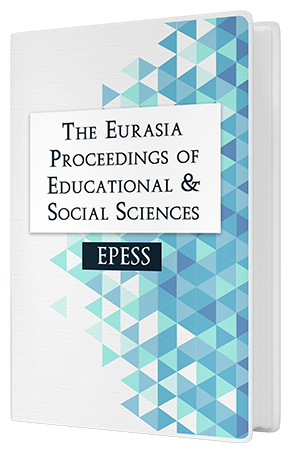Survey of Secondary School Students Views in the Teaching and Learning of Mathematics in Enhancing their Entrepreneurship Opportunity in Nigeria
Keywords:
Students, Teaching, Math’s learning, Math’s, Secondary school, EntrepreneurshipAbstract
This study aimed at surveying the secondary school students' views on teaching and learning of mathematics for enhancing their entrepreneurship opportunity in Nigeria. The study were carried out in Zamfara state covering three Senetotiral zones of the state. The target population is all the secondary schools in state. A sample of one thousand (1000) students which is made up of six hundred (600) male and four hundred (400) female students were randomly selected schools from the three senatorial district. Four hundred (400) samples were from the central zone while three hundred (300) samples from each north west and north south zones respectively. The design for this study is survey where three (3) research questions and three (3) hypotheses were raised to guide the study. The instruments used for the data collection is structured questionnaire. The three research questions were analysed using mean and standard deviation to answer the questions and two hypotheses were tested using t- test statistic. The results showed that male students views was better than their female counterparts. There is also significant difference between the mean of male studentsviews with female studentsin enhancing entrepreneurship opportunity.Downloads
Published
Issue
Section
License
Copyright (c) 2020 The Eurasia Proceedings of Educational and Social Sciences

This work is licensed under a Creative Commons Attribution-NonCommercial-ShareAlike 4.0 International License.
The articles may be used for research, teaching, and private study purposes. Any substantial or systematic reproduction, redistribution, reselling, loan, sub-licensing, systematic supply, or distribution in any form to anyone is expressly forbidden. Authors alone are responsible for the contents of their articles. The journal owns the copyright of the articles. The publisher shall not be liable for any loss, actions, claims, proceedings, demand, or costs or damages whatsoever or howsoever caused arising directly or indirectly in connection with or arising out of the use of the research material. All authors are requested to disclose any actual or potential conflict of interest including any financial, personal or other relationships with other people or organizations regarding the submitted work.




